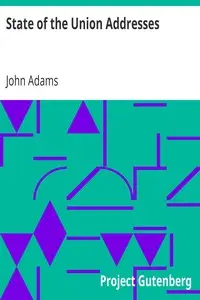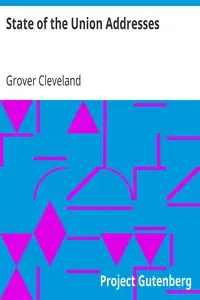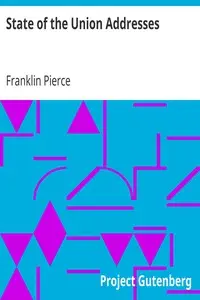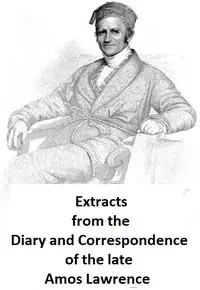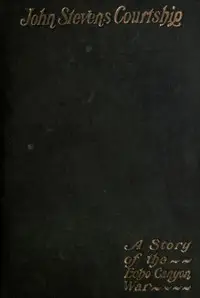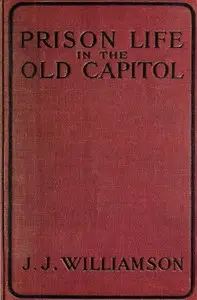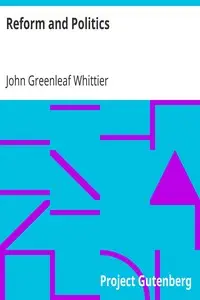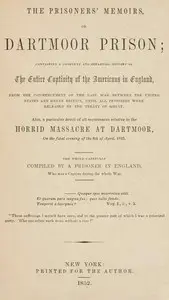"State of the Union Addresses" by John Tyler is a compilation of speeches given by the tenth President of the United States, John Tyler, in the mid-1840s. The collection provides insight into the challenges and opportunities faced by the nation during his presidency, as Tyler grappled with various domestic and international issues. From his first address on December 7, 1841, Tyler outlines issues such as mending relations with Great Britain, solidifying border security, and maintaining peace all while leaning on Congress to address these matters, expressing gratitude for civil liberties and the blessings of peace.
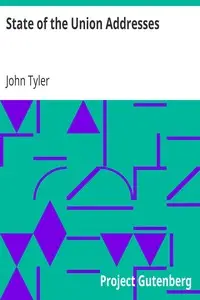
State of the Union Addresses
By John Tyler
Witness a president navigate tense foreign affairs, volatile domestic issues, and economic policy to unite a nation.
Summary
About the AuthorJohn Tyler was the tenth president of the United States, serving from 1841 to 1845, after briefly holding office as the tenth vice president in 1841. He was elected vice president on the 1840 Whig ticket with President William Henry Harrison, succeeding to the presidency following Harrison's death 31 days after assuming office. Tyler was a stalwart supporter and advocate of states' rights, including regarding slavery, and he adopted nationalistic policies as president only when they did not infringe on the states' powers. His unexpected rise to the presidency posed a threat to the presidential ambitions of Henry Clay and other Whig politicians and left Tyler estranged from both of the nation's major political parties at the time.
John Tyler was the tenth president of the United States, serving from 1841 to 1845, after briefly holding office as the tenth vice president in 1841. He was elected vice president on the 1840 Whig ticket with President William Henry Harrison, succeeding to the presidency following Harrison's death 31 days after assuming office. Tyler was a stalwart supporter and advocate of states' rights, including regarding slavery, and he adopted nationalistic policies as president only when they did not infringe on the states' powers. His unexpected rise to the presidency posed a threat to the presidential ambitions of Henry Clay and other Whig politicians and left Tyler estranged from both of the nation's major political parties at the time.



